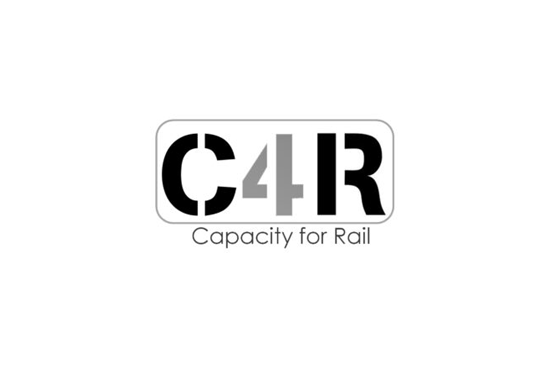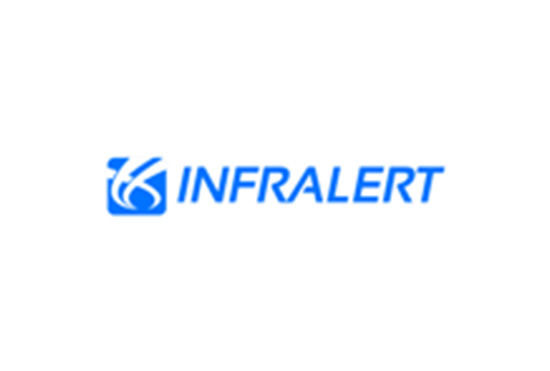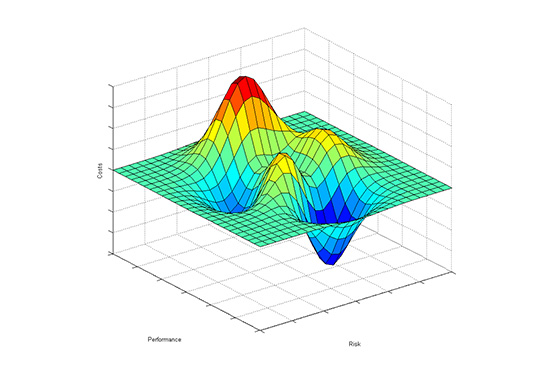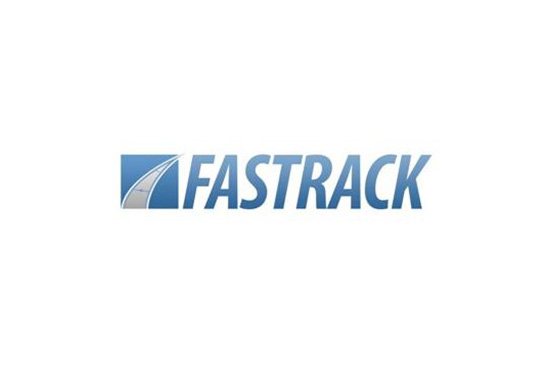

Gallery Info
Description
The main objective of the INFRALERT Project is to develop and implement intelligent solutions that improve infrastructure’s capacities, given the growing traffic demands and limited budget to construct and maintain the existing assets.
INFRALERT aims at:
- Guaranteeing transport’s reliability and security, minimizing incidences and failures in the infrastructure.
- Maintaining and incrementing infrastructure’s availability by optimizing routine maintenance actions and interventions related to new construction and renewal.
- Guaranteeing continuous traffic flow and minimizing traffic disruptions whenever maintainability actions are being conducted.
INFRALERT develops an expert-based information system that support and automate the management of the infrastructure’s linear assets, covering all the stages, from the collection, storage and analysis of inspection data to the eventual maintenance. This system will be demonstrated in two different transport infrastructures: A rail network in Sweden and Norway and a road network in Portugal. In both cases sufficient information about the infrastructure is available.
Together with the technical developments and practical demonstrations in Sweden and Portugal, INFRALERT has an ambitious dissemination and exploitation plan which ensures its maximum impact. Among others these include Workshops organization and/or participation, Newsletters, Website and connections to relevant European actors and related projects. INFRALERT Project Team is also backed by a recognised an International Committee of Experts in the infrastructure sector.
The INFRALERT consortium is coordinated by a German Research Institution in Fraunhofer and CEMOSA, which carries out the project management. Moreover, there are other five participants from several countries in the EU.
CEMOSA's role
In addition to the global project coordination and management, CEMOSA carries out the following tasks:
- Definition of requirements and evaluation of the developed technologies based on Key Performance Indicators (KPI).
- Planning of the general system architecture.
- Development of algorithms for the automatic evaluation of reliability parameters (RAMS) and Life-Cycle Costs (LCC).
- Evaluation of the overall results of the project.








